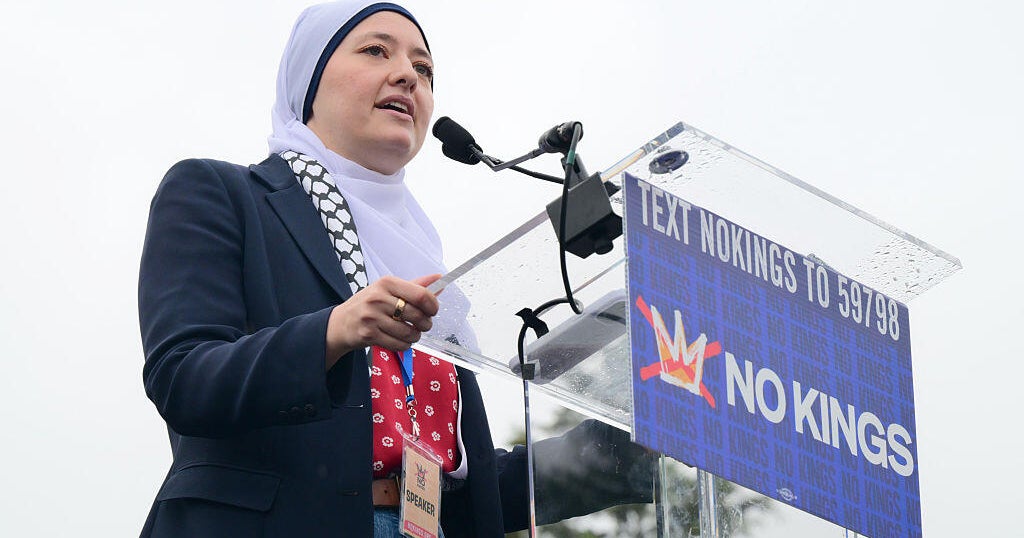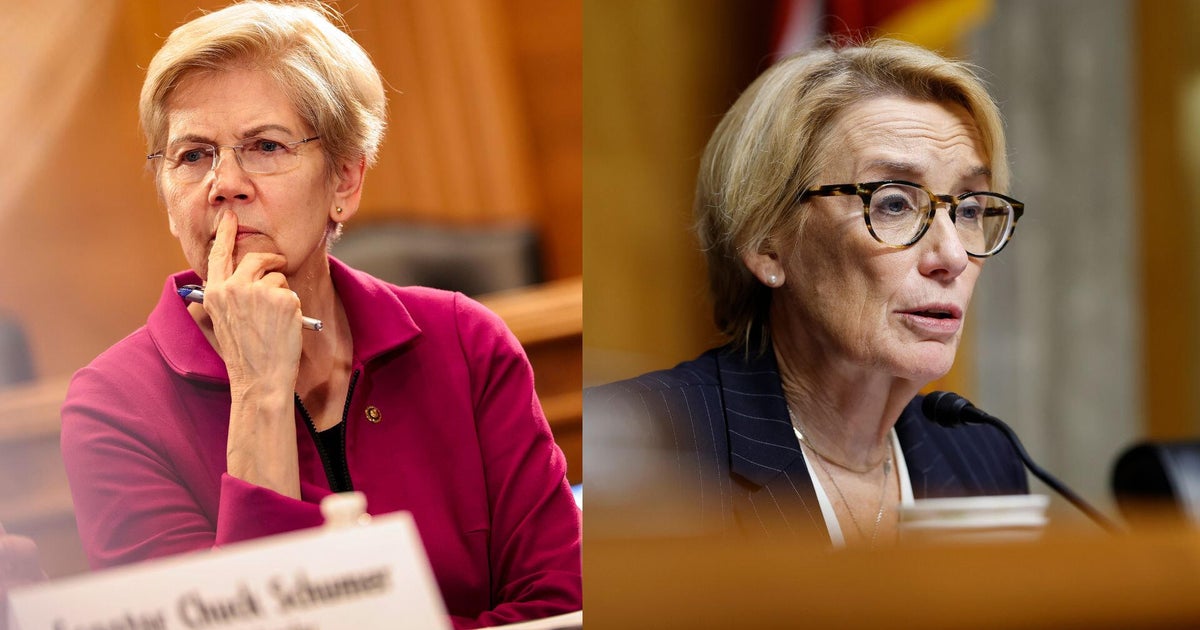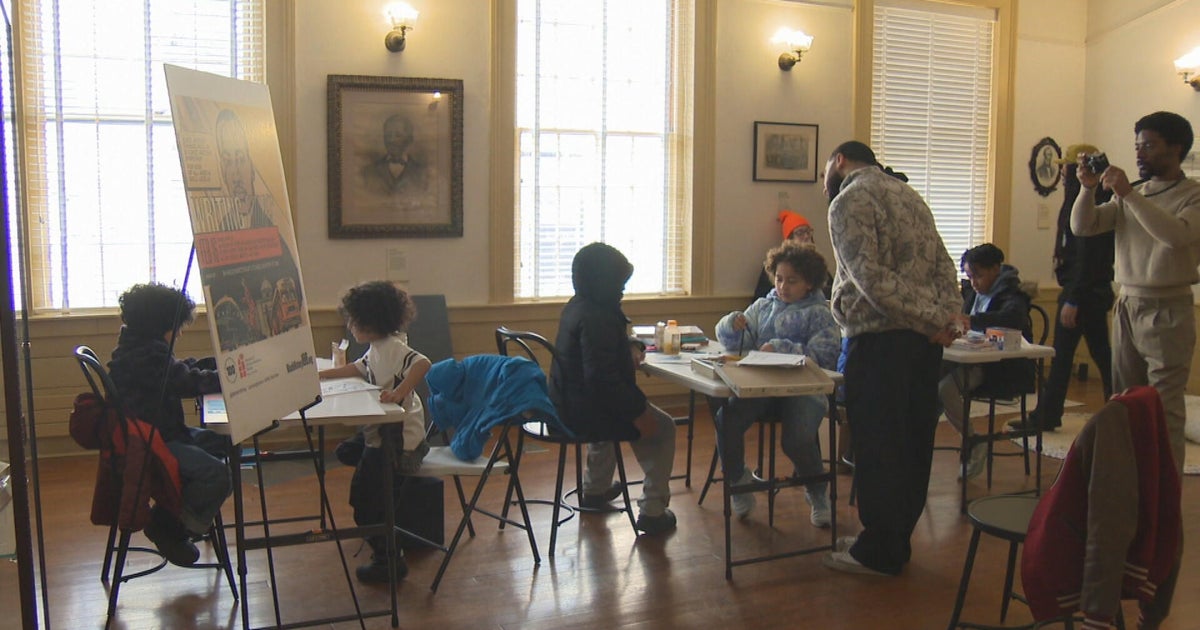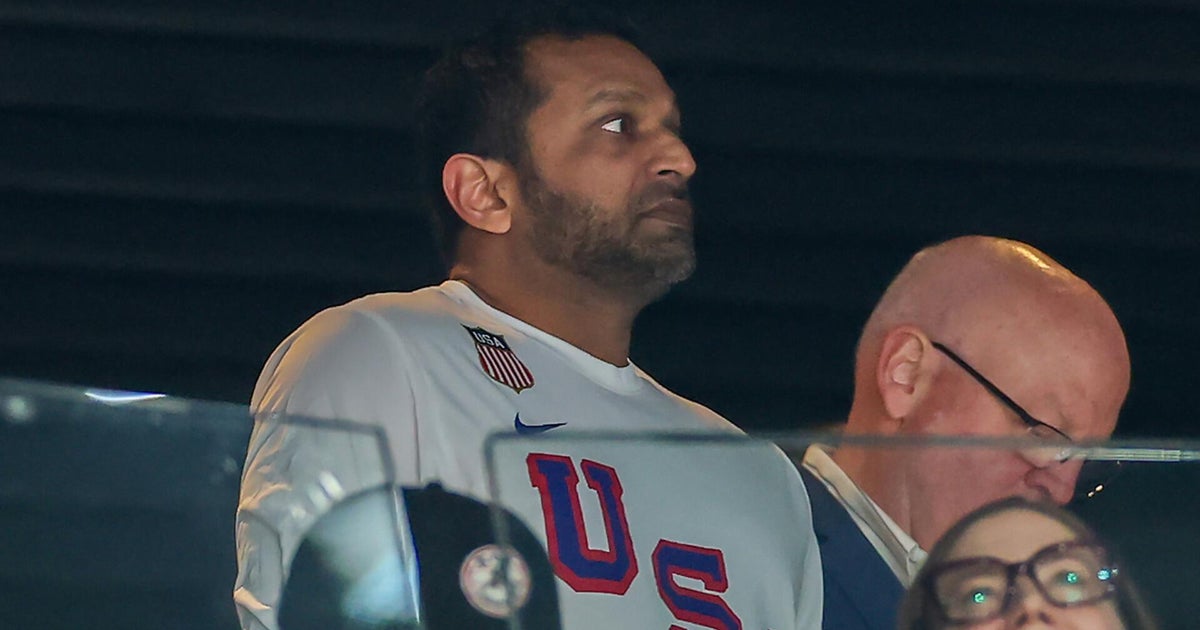Conroy Ends Bid To Face Scott Brown For Senate Seat
BOSTON (AP) — Democratic State Rep. Thomas Conroy ended his candidacy for the U.S. Senate Monday, telling supporters it had become clear he would not have the resources to compete with Elizabeth Warren for his party's nomination to face Republican Sen. Scott Brown next year.
Conroy, of Wayland, joins several other Democrats who have withdrawn since Warren, a Harvard Law School professor and consumer advocate, entered the race and quickly raised more than $3 million in campaign funds.
Conroy began his campaign last summer by walking 650 miles across Massachusetts and earlier this month presented a five-point plan to create jobs.
"However after much reflection, it is clear that, while support for my candidacy has been generous, we could not run the kind of campaign we needed to run throughout next year," Conroy said in the announcement posted on his website. He planned a news conference outside the Statehouse later Monday.
Conroy said he would instead seek a fourth term in the Massachusetts House. His district currently includes the towns of Wayland, Sudbury and Lincoln but has been altered somewhat by legislative redistricting.
Newton Mayor Setti Warren, City Year co-founder Alan Khazei and Robert Massie, a former candidate for lieutenant governor, have all bowed out of the Senate race in the last couple of months, citing the difficulty of keeping up with Warren's prolific fundraising and increasing popularity among voters.
A recent UMass-Lowell-Boston Herald poll of 500 registered Massachusetts voters found that 49 percent would vote for Warren and 42 percent would back Brown if they faced off in a general election that could emerge as one of the most closely watched Senate races in the country. Brown will be trying to hold the seat he won in a special election following the death of Democrat Edward Kennedy in 2009.
Three other lesser-known Democrats remain in the race against Warren: Marisa DeFranco, an immigration attorney from Middleton; Herb Robinson, a software engineer from Newton; and James King, an attorney from Dover. For any of them to earn a spot on the September primary ballot, they would have to earn the support of at least 15 percent of the delegates to the Democratic State Convention next spring.
Copyright 2011 The Associated Press.







